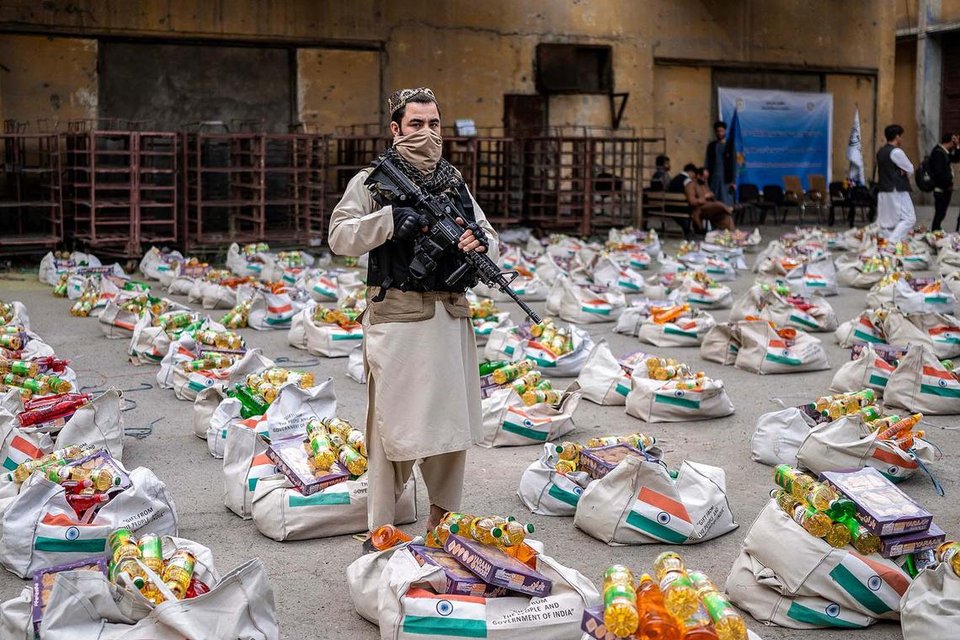The United Nations Office for the Coordination of Humanitarian Affairs (OCHA) has reported that Taliban interference in July led to the temporary suspension of 44 humanitarian operations and the closure of a health center in Afghanistan.
According to OCHA’s latest access report, 104 incidents of access restrictions were recorded in July—a 14% increase from the previous month. Of these, 95% were attributed to actions by the Taliban.
Central regions of Afghanistan were the most affected, accounting for 30 incidents, followed by the eastern and southern provinces.
Out of the 104 cases, 89 involved direct attempts by the Taliban to interfere with humanitarian aid delivery. These included demands for staff lists and confidential data, obstruction of program implementation, and denial of access to services for women and girls in need.
OCHA stated that these demands were rejected by aid agencies, yet they have raised serious concerns about staff safety and the confidentiality of beneficiaries.
The Taliban have also attempted to interfere in procurement and hiring processes, delaying the signing of memoranda of understanding necessary for project implementation, and imposing their restrictions on the mobility of female aid workers.
Gender-based restrictions accounted for 16% of the reported incidents in July. These included halting training for female health workers, suspending aid distributions involving female staff, ordering female workers to leave operational areas, and banning their field travel—even with a male guardian.
Such gender-related restrictions alone led to the suspension of 9 humanitarian activities last month.
Since the Taliban’s implementation of their “Amr bil Ma’ruf and Nahi an al-Munkar” regulations, a total of 728 access-related incidents have been recorded, including office inspections by morality officials, enforcement of the decree, threats to staff, and restrictions on women’s participation in humanitarian operations.
OCHA further noted that violence against humanitarian personnel, assets, and facilities continues to escalate. Eleven such incidents were recorded in July—a fourfold increase from the previous month.
Additionally, three humanitarian workers were detained by the Taliban during this period.







